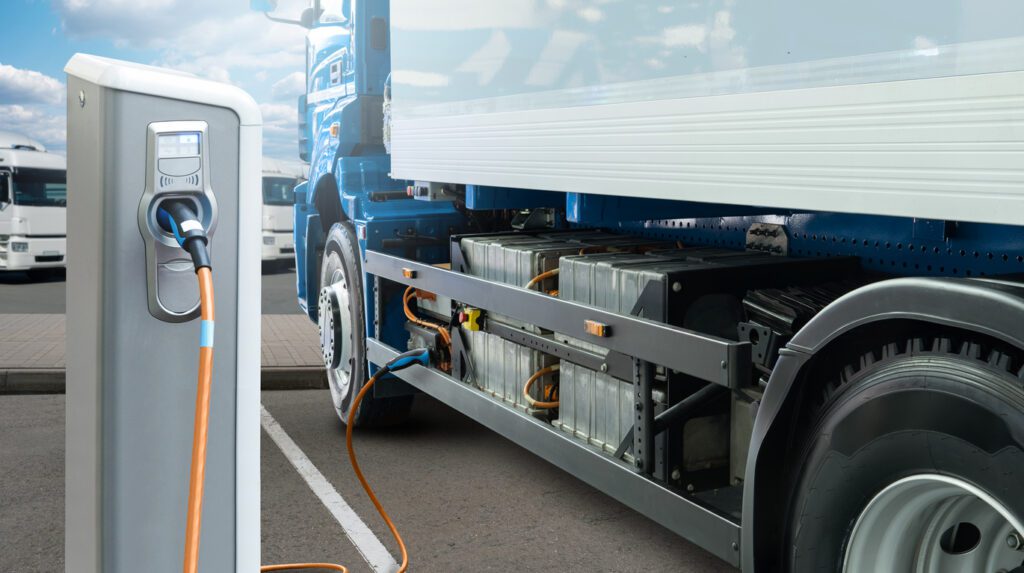Trucking Industry Supports Reversal of California EV Regulations
WASHINGTON — The trucking sector is expressing gratitude for efforts aimed at rescinding California’s electric vehicle mandates.
“The American Trucking Associations (ATA) applauds the House of Representatives for adopting two significant resolutions aimed at reversing harmful emissions regulations established by California. This action prevents the state from effectively setting national emissions policies moving forward,” stated the ATA. “Earlier this month, ATA reached out to Republican congressional leaders in both the House and Senate, urging them to bring these measures to a vote.”
Advanced Clean Trucks (ACT) Regulations
H.J. Res. 87, introduced by Rep. John James (R-Michigan) and passed with a 231-191 vote, seeks to eliminate the waiver that allows California and other states to implement its Advanced Clean Trucks (ACT) regulation, pending Senate approval and presidential signature. The ACT, which has been adopted by 11 states, mandates that medium- and heavy-duty truck manufacturers increase their sales of zero-emission vehicles from 2024 to 2035. Similarly, H.J. Res. 89, introduced by Rep. Jay Obernolte (R-California) and passed with a 225-196 vote, aims to revoke the waiver enabling California and other states to enforce their Low NOx Omnibus rule. This rule has been adopted by 10 states and imposes strict emissions standards on new truck sales. Both mandates are viewed as disconnected from reality and could incur excessive costs for implementation.
“This is not the United States of California,” remarked Chris Spear, president and CEO of the ATA. “California should not have the authority to impose policies affecting our interstate supply chains. The trucking industry appreciates Congressional leaders who are working to minimize California’s influence and restoring rationality to our national environmental policies. We look forward to collaborating with Congress and the Trump Administration to formulate pragmatic, technology-neutral federal emissions standards that will protect the environment, create jobs, and ensure the success of our industry.”
Current Emissions Improvements
Today’s trucks emit 99% less nitrogen oxide and particulate matter compared to those from decades past, with new trucks reducing carbon emissions by more than 40% from models manufactured in 2010. According to the ATA, it takes 60 modern trucks to equal the emissions of a single truck from 1988.
The ATA noted that such progress resulted from cooperative efforts between the trucking industry and the Environmental Protection Agency. However, unrealistic emissions standards and varying truck sale requirements imposed by different states have threatened significant supply chain disruptions and heightened costs for consumers. Given that trucking is responsible for transporting over three-quarters of the nation’s freight, coherent standards are essential for facilitating interstate commerce and serving American businesses and families.
Potential Impacts on Small Businesses
According to the ATA, the House resolutions will reaffirm the EPA’s role as the primary authority in establishing feasible, nationwide emissions standards while preventing California from issuing similar regulations in the future. The Senate will now review the resolutions before they proceed to the President for approval.
“Establishing national policy should rest with Congress, not California,” stated Todd Spencer, president of the Owner-Operator Independent Driver Association (OOIDA). “It’s no surprise that many small-business truckers are moving out of the state in search of better opportunities. For our members, vehicle reliability and affordability are paramount. Currently, there is little convincing evidence to suggest that electric commercial motor vehicles are a feasible option for small-business truckers, primarily due to their high costs and inadequate charging infrastructure.”


